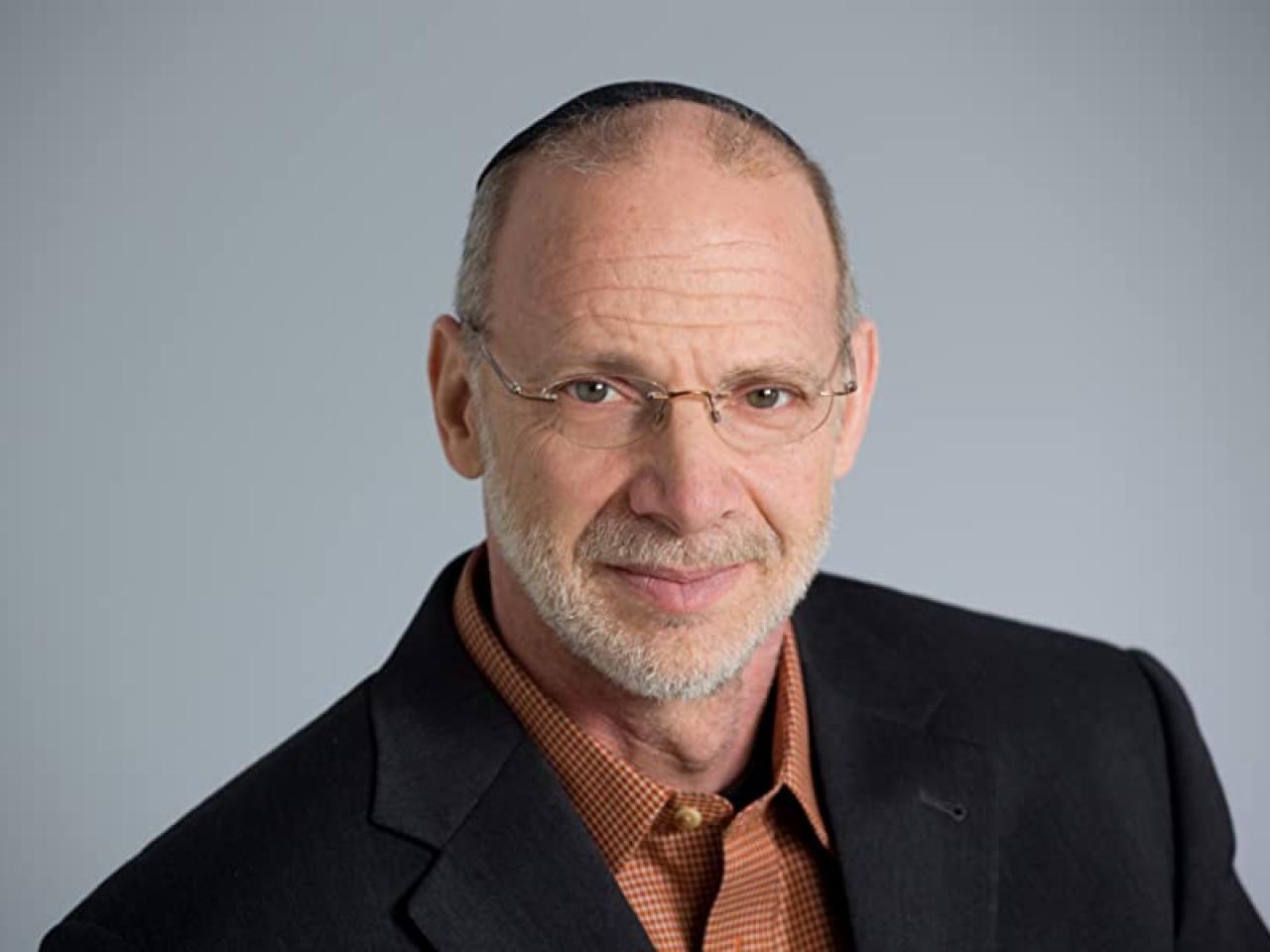Meet New Day: Mitchell Tepper

Director Mitchell Tepper
I am a sexuality educator dedicated to helping people with disabilities and chronic conditions optimize their sexual function, response, and expression post injury or illness. I bring first-hand experience to my work as someone who grew up with Crohn's Disease and broke my neck at age 20 resulting in a spinal cord injury with paralysis. I became a filmmaker because film is the most powerful way to share a message with a large audience.
Love After War: Saving Love, Saving Lives is the story of injured veterans and their romantic partners who are winning the battle for love. This feature-length documentary features: two veterans who were young and single when they were injured; two who were married; and two who were partnered and later married. These individuals volunteered to defend their country and came home to realize that their physical and psychological trauma had affected their relationships. The documentary delves deep into their intimate lives and the journey from being sexually devastated to happily in love, despite their wounds.
Based on my experience, I was invited to present at the Coalition to Salute America’s Heroes 2006 Road to Recovery Conference and Tribute for wounded Veterans and their families. At the time the headlines read that failed intimate relationships were the leading cause of suicide in the military. Participants were hungry for knowledge and support as no one had addressed intimacy issues in their rehabilitation.
In 2009 I was invited to submit a chapter to an anthology, Hidden Battles on Unseen Fronts: Stories of American Soldiers with Traumatic Brain Injuries and PTSD. I was thinking of calling it “Making Love After Making War.” I asked the editors to share all the soldiers’ stories with me so I would have a solid basis for my chapter. Unfortunately, there were no stories that had relationships with happy endings. I ended up writing a chapter titled “The Battle for Love.” However, I had met Veteran couples over the years who have restored emotional closeness and physical intimacy despite significant physical and psychological challenges.
I thought it was important to share their stories to offer realistic hope to the hundreds-of-thousands of single and partnered Veterans with PTSD, traumatic brain injury, and other catastrophic injuries who are still fighting the battle for love. My intention for making Love After War is also for the film to provide a voice bringing a vital issue into the national conversation. I hope it will serve as an educational tool for medical providers, and, through a companion website, be the nucleus of a community for those in need of help.
A Veteran at one screening said he wished he had seen Love After War 20 years ago because he had been married and divorced three times since separating from the Army and never understood where he was going wrong. There are many exceptional films that detail the mental health struggles Veterans face as they work at reintegrating into civilian life, but none tackle the taboo topic of intimate relationships head on like Love After War does.
Watch the trailer and discover Love After War for yourself.